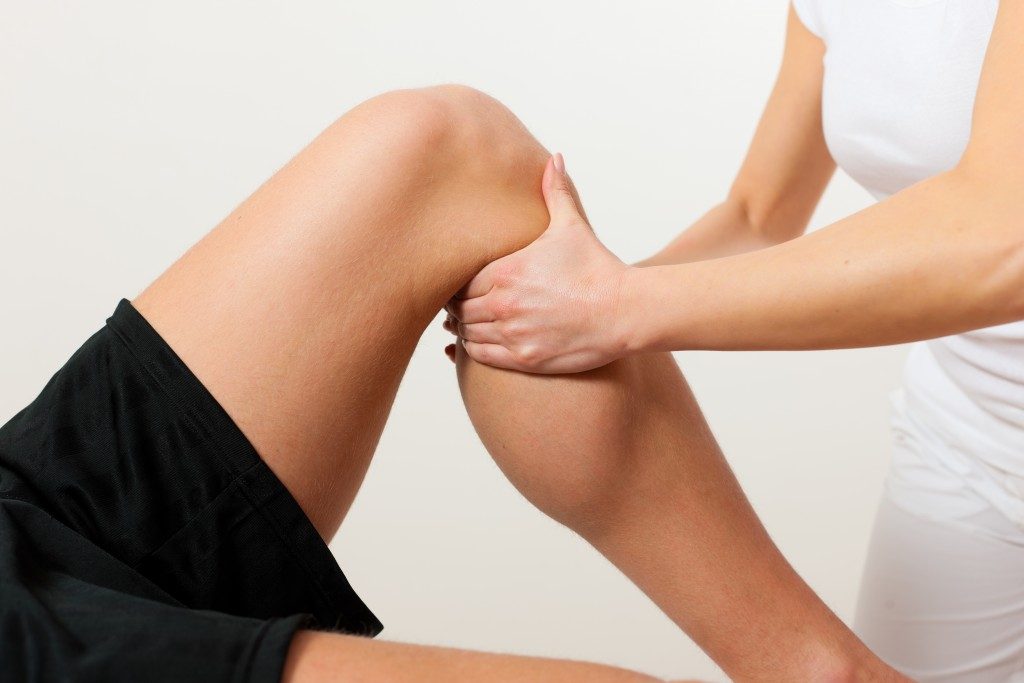Injury is common among athletes, especially those involved in contact sports. However, there are measures that you can adopt to avoid injuries during strenuous physical activities, even if you are not a professional athlete.
Wear the Right Gear
Having the proper protective attire, whether you are in an official game or during practice, is important. Helmets, mouthguards, eyewear, knee and elbow pads, and others are created to prevent you from getting hurt.
The most common injury related to physical activity is a sprain (when ligaments are stretched past its limit). Other injuries are more serious and might need to be treated by orthopedic doctors. In Provo, Utah, there are clinics that specialize in rehabilitating sports-related injuries.
Wearing the proper protective gear will not prevent all sports injuries, but it will significantly lessen the risk of being hurt or lasting trauma.
Warm-up and Stretch
Take the time to warm up and stretch before you begin any strenuous physical activity. By warming up, you raise the temperature of your body to prepare it for movement. Meanwhile, stretching keeps your muscles flexible, which you need to maintain a wide range of motions.
Both activities are necessary to keep injuries at bay. Studies have found that stretching alone will not warm up the body. Without a short light exercise beforehand, you are at risk of obtaining sports injuries because you will be overextending muscles that have shortened and become tight. Cold muscles that have not been warmed up do not expect to be stretched, and that may lead to damage.
It is also important that stretching should be executed properly. Beginners should have another person monitoring their movements to prevent any pain and damage in the tissue.
Eat a Healthy Diet
A balanced diet helps keep your bones strong. You need a healthy dose of calcium to maintain bone density and vitamin D to help the body absorb the nutrients you intake from your food. You can incorporate food that are good sources of calcium into your everyday meals such as milk, cheese, green leafy vegetables, tofu, and nuts.
Short exposure to the sun daily, meanwhile, will give you the amount of vitamin D you need. If your body does not get the proper amount of calcium and vitamin D, your bones will have a higher risk of fracture during a fall or any accident. You may also experience bone-related conditions like osteoporosis (the loss of bone density) later in life.
Take a Break
Do not overextend yourself. It is essential for you to take a break every once in a while so your body can recover and avoid heat illness. Do not forget to stay hydrated throughout the day, as well.
More importantly, avoid playing when you know you are already injured. Doing so may turn a minor sports injury into a major problem that may need surgery or, worse, prevent you from participating in any sports-related activities ever again. If something hurts, do not ignore it; inspect your own body for any injuries and consult your doctor as soon as needed.
The human body is resilient. When hurt, it can heal itself and rapidly recover. However, constantly pushing your body beyond its limit may lead to long-lasting issues later on. It is best to make your safety your priority when doing sports or any physical activity to avoid any problems later on.

